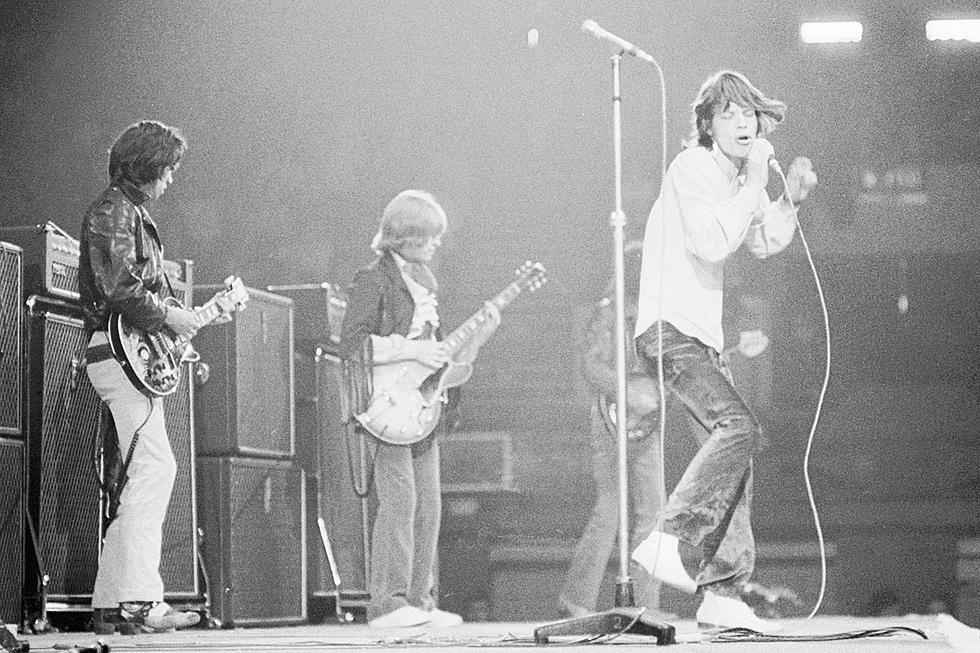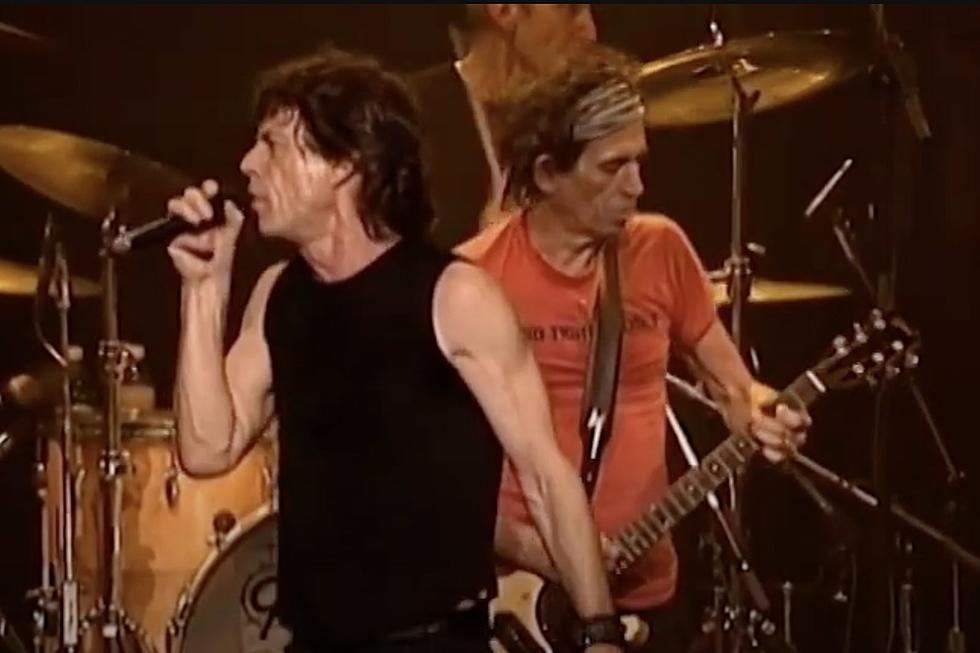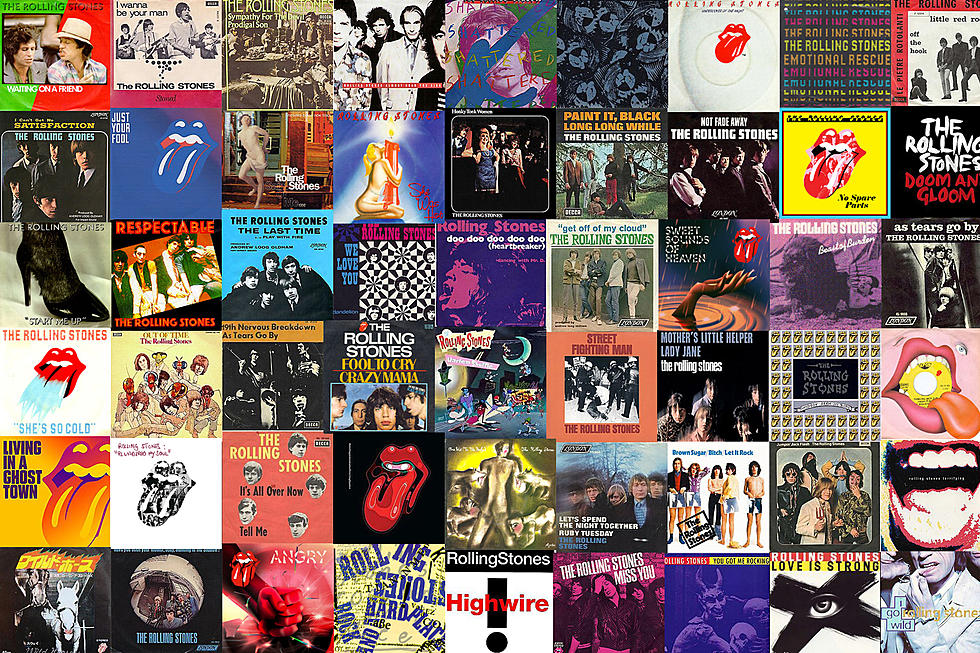
55 Years Ago: Brian Jones Plays Last Show With the Rolling Stones
Brian Jones took the stage on May 12, 1968, for his last public concert with the Rolling Stones.
The show, which took place at Empire Pool in Wembley, London, was that year's New Musical Express Pollwinners' Concert, and the Stones were on hand to accept their award for Best R&B Group. They'd been keeping a relatively low profile since the previous April, when the band closed out their most recent tour with a show in Athens. The Rolling Stones wouldn't play in front of a crowd again until the following November, when they kicked off a visit to the U.S. with a show in Fort Collins, Colo.
In the interim, Jones' presence in the band he'd founded was quickly fading, the victim of his own substance abuse issues as well as growing personal and creative conflicts between himself and other members of the band — particularly Keith Richards, who'd wooed away Jones' fiancée Anita Pallenberg a year earlier.
In the band's inner circle, the writing for Jones' Stones ouster may have been on the wall by the spring of 1968, but from the outside, it appeared the group had bigger problems than its members' domestic disputes. In fact, according to some pundits, the Stones were already washed up — just days before they took the stage on May 12, the Daily Express published an editorial pointing out that the band hadn't had a No. 1 single in the U.K. since 1966.
Any handwringing over the Stones' long-term commercial prospects seems silly now, but to be fair, the band had suffered a certain amount of creative drift since "Paint It Black" topped the charts. Wandering away from R&B and into pop and psychedelia with a string of albums that included Between the Buttons, Flowers and Their Satanic Majesties Request, they seemed to be losing a bit of their early momentum.
That all changed after the NME show, which consisted of a brief two-song set that included "(I Can't Get No) Satisfaction" as well as the live debut of their new single, "Jumpin' Jack Flash." The song, released May 24 in the U.K. and June 1 in the States, brought the Stones roaring back to their roots.
"It was the best thing we ever did with [producer] Jimmy Miller," Richards later asserted, according to the book Keith Richards: The Biography. "As soon as I pick up the guitar and play that riff, something happens here, in your stomach. It's one of the better feelings in the world. You just jump on the riff and it plays you. Matter of fact, it takes you over. An explosion would be the best way to describe it. It's the one that I would immediately go to if I wanted to approach the state of nirvana."
That infectious feeling helped propel "Jumpin' Jack Flash" to No. 1 in the U.K. and No. 3 in the States, but it didn't last long enough to keep Jones in the lineup. Although he'd appear sparingly on the band's next two albums, 1968's Beggars Banquet and 1969's Let It Bleed, and joined them for the taping of The Rolling Stones Rock and Roll Circus in December 1968, he was out of the band by the summer of 1969 — and found dead just a few weeks later.
Top 100 Live Albums
You Think You Know the Rolling Stones?
More From Ultimate Classic Rock









